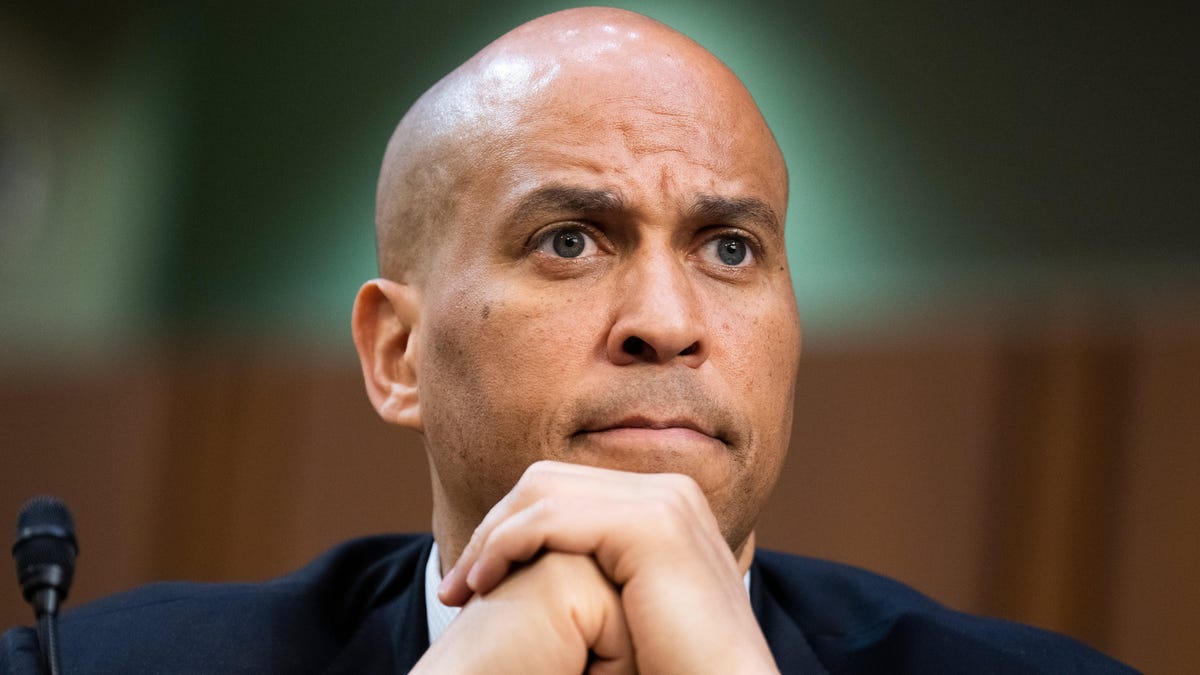Senate looks to stop NCAA from punishing old infractions

Marsha Blackburn and Cory Booker — now there’s two names you don’t expect to see co-authoring a Senate bill. But I guess if there’s one thing that can bridge the ever-widening political chasm in the United States, it’s the universal experience of being fed up with the NCAA.
Yesterday, the NCAA Accountability Act of 2021 was introduced in the Senate in an attempt to bring due process and equity to the NCAA’s infraction investigation process.
This new bill will crack down on the crackdowns, giving NCAA violations a two-year statute of limitations, meaning that any misstep reported two or more years after it happened will no longer be eligible for investigation. The previous statute of limitations was four years.
The NCAA will have 60 days after launching an investigation to notify the school that such an investigation is being launched, and then will be required to hold the hearing within a year after the notice is given.
The NCAA will also have a limit of eight months to give the school a detailed report on the allegations that they are facing, and will no longer be able to use confidential sources as evidence in presenting these allegations. It will also overhaul the appeals process. If the bill passes, and the NCAA were to violate its restrictions, the organization would face a fine up to $15 million and a removal of a member of the Board of Governors.
The college sports landscape has experienced the equivalent of an earthquake registering on the upper end of the Richter scale over the past year or so, as a new constitution proposes some pretty major changes in governance and the organization tries to figure out how to handle name, image, and likeness (NIL) regulations. Facing criticism from all sides and an unfriendly Supreme Court decision, the organization’s unyielding and largely unregulated grip over the lives of college athletes is slowly being loosened.
This is, in short, great news for participating schools, and bad news for an organization already backlogged with years-old investigations into infractions. A major issue with the current NCAA investigation structure is that, often, players and coaches who weren’t at the school when the infraction occurred are receiving the brunt of the punishment, whether that be a postseason ban or a scholarship reduction, years after the player or coach who broke the rules has left the school.
The NCAA discipline process is notoriously random and subjective in the schools they choose to penalize as well as the penalties they choose to enforce. Cooperation is punished, non-cooperation is overlooked, schools with very similar cases receive very dissimilar consequences.
Athletes still await a national set of rules for NIL, which have as of yet been determined state-to-state, a divide that is sure to cause some problems as the program grows and athletes and sponsors have to determine which fine line they must walk in whatever state they’re in. But the very presence of NIL deals — and particularly, Adidas’ new widespread sponsorship announcement — schools involved in a 2017 FBI probe into illegal recruitment using Adidas reps may have some more ground to stand on against the quickly-destabilizing NCAA.
There are currently four schools under investigation from the 2017 probe— LSU, Kansas (who are playing in the Final Four this weekend, coached by the man under investigation), Louisville, and Arizona — who, five years later, still await a decision from the NCAA’s Independent Accountability Resolution Process. Tennessee is also under investigation for infractions from their previous football staff, all of whom have since departed, and Memphis awaits a decision from an investigation that started in 2019.
For all the latest Sports News Click Here

